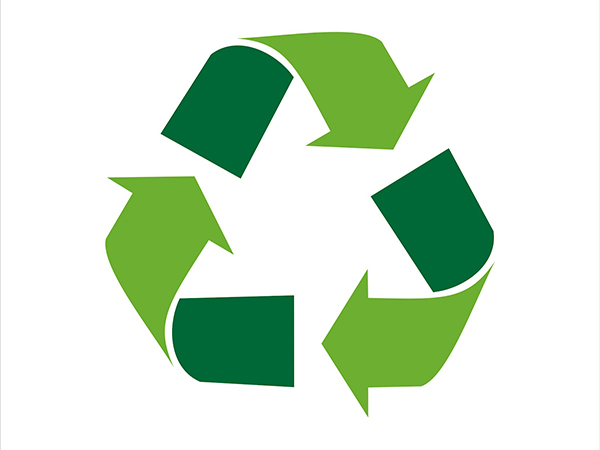Recycling Club hopes to raise awareness on recycling efforts
January 14, 2019
All recycling efforts have been ended district wide, which includes 19 schools from elementary to high school. Some campuses have resorted to creating recycling clubs, which requires extra involvement from teachers and students.
Think about our campus alone. Approximately 2,050 students attend Tomball High School and there are seven class periods in a day. Considering the teachers that utilize online resources, plus students with late arrival or early release, conservatively each student uses three new pieces of paper a day. From tests and quizzes to reading packets to worksheets, that number racks up quickly. That’s not to mention the hundreds of pieces of paper the administration and staff prints everyday. That’s an estimated 6,150 sheets of paper per day, 30,750 per week, over a million per school year.
“One of my teachers scans and prints out whole chapters of the textbook for every student in class because we only have a class set of the book, but half the time we don’t even use it,” senior Jordan Benson said. “It would be so much easier for us to just take pictures on our phones of the pages we really need or if she uploaded them to Google Classroom.”
Don’t forget about lunch. The school cafeteria offers drinks in plastic bottles, food on Styrofoam plates, and milk in cardboard cartons, all of which can be recycled, but instead hundreds are thrown in the thrash everyday, on our campus alone.
Now consider those numbers on a district wide scale. It’s overwhelming the amount of waste that could easily be recycled.
Some teachers efforts to be more environmentally conscious have not gone unnoticed. Classes increasingly use online resources such as Google Classroom or turnitin.com to cut down on their paper usage. Yet sometimes it’s simply necessary to use paper.
Teachers aren’t the only ones doing something about all of the school’s waste.
Camille Doumit, a junior, started the Environmental Club, sponsored by Melissa Howard-Moritz. They are in the beginning stages but so far have had a few meetings with about 10 to 15 consistent members in attendance.
¨I used to live in Indonesia for most of my life and while I was living in Bali, I would go to work with a non government organization called Trash Hero,” Doumit said, “They would go to the beaches and do cleanups. So when I moved here last year there was not much awareness of the problem, but still a lot waste. But there´s an out of sight out of mind concept that happens here because you don’t see the trash as much as you see it in third world countries.”
While the environmental club at our school is still small, it was inspired by something big. Not only do they work to make others aware of the situation but to also encourage students and faculty around the school to contribute to their cause.
“Our goal is to bring back recycling,” Doumit said, “Also, to not just solve the problem that already exists but to try and prevent waste in our school and then hopefully in our community.”












